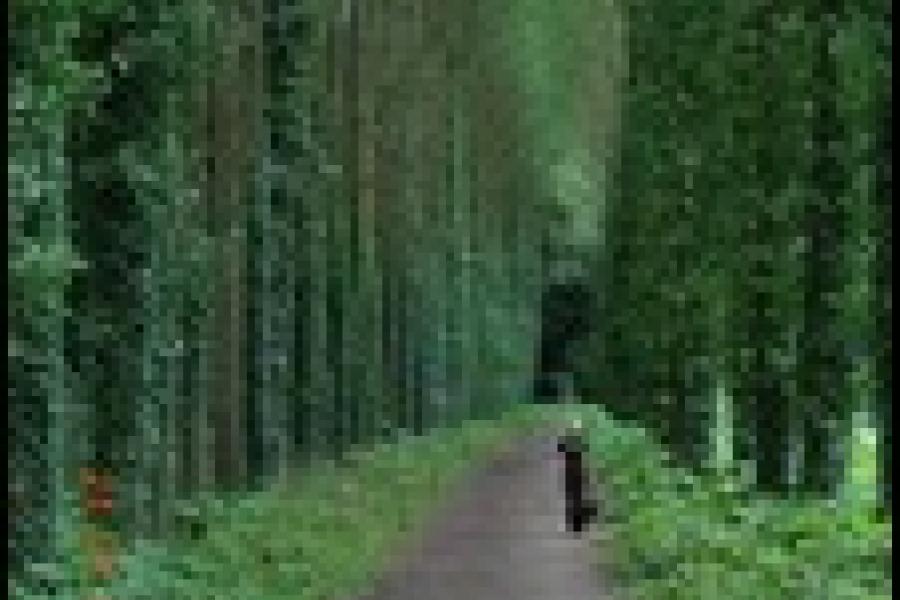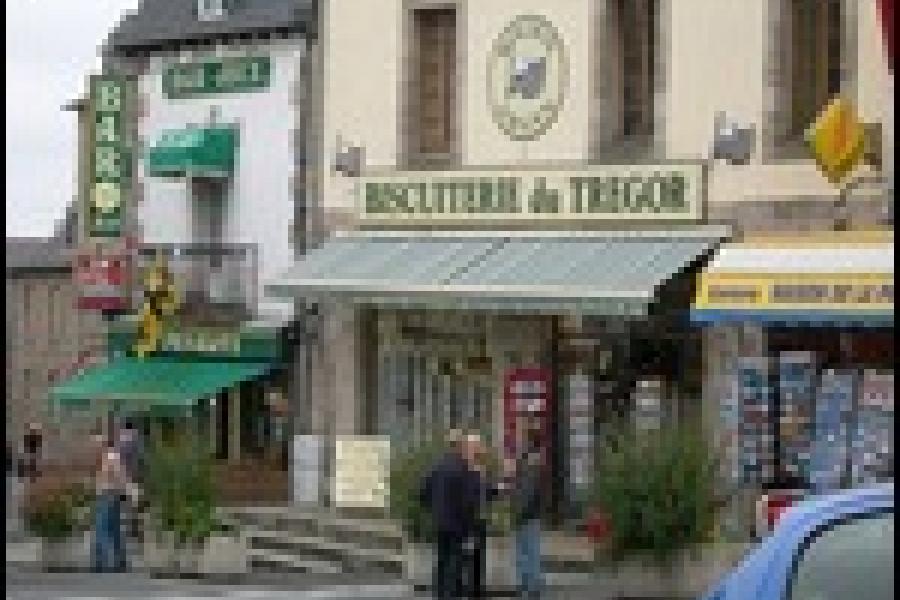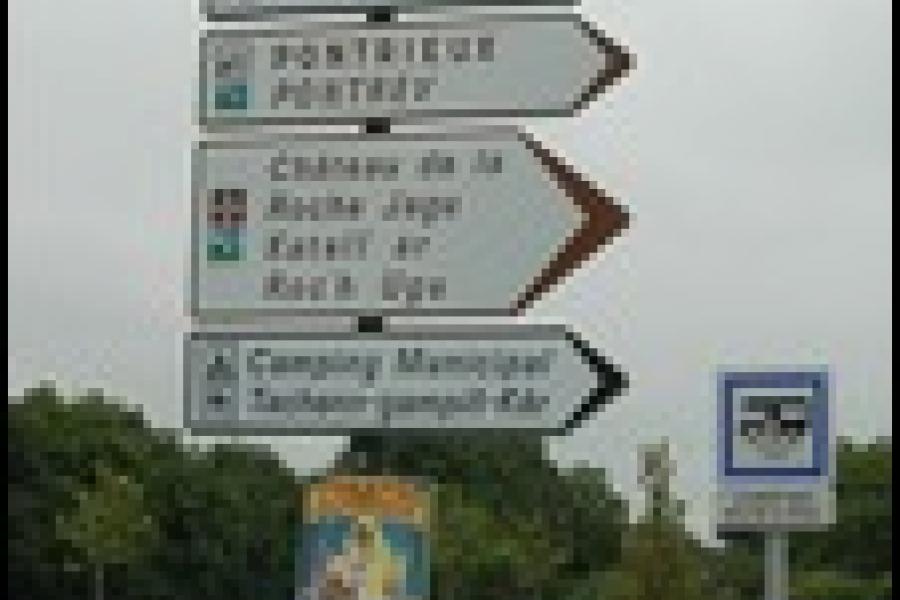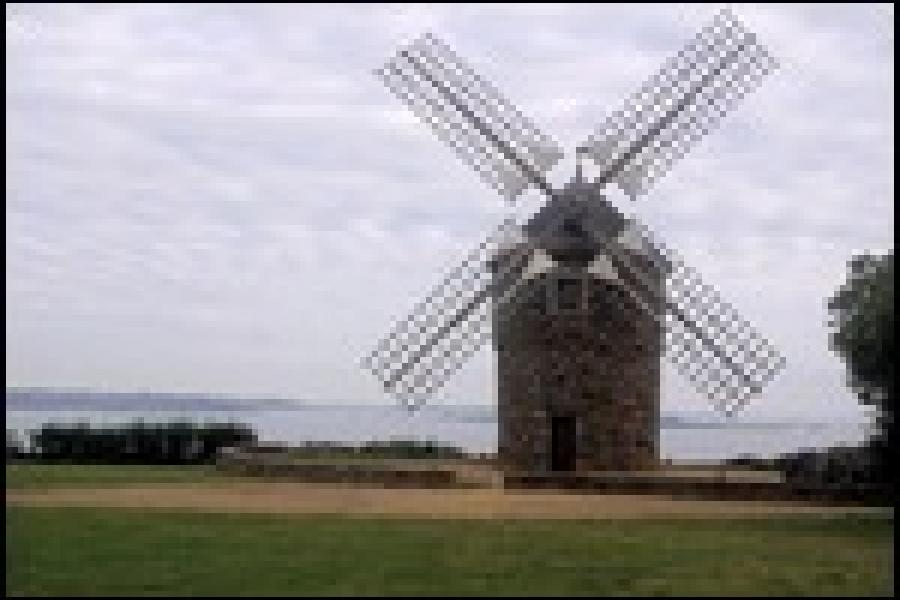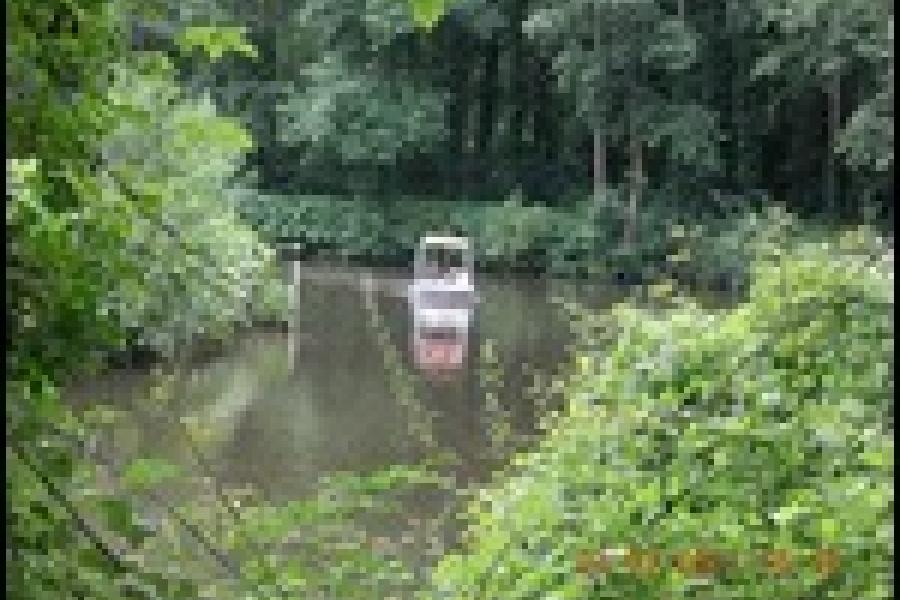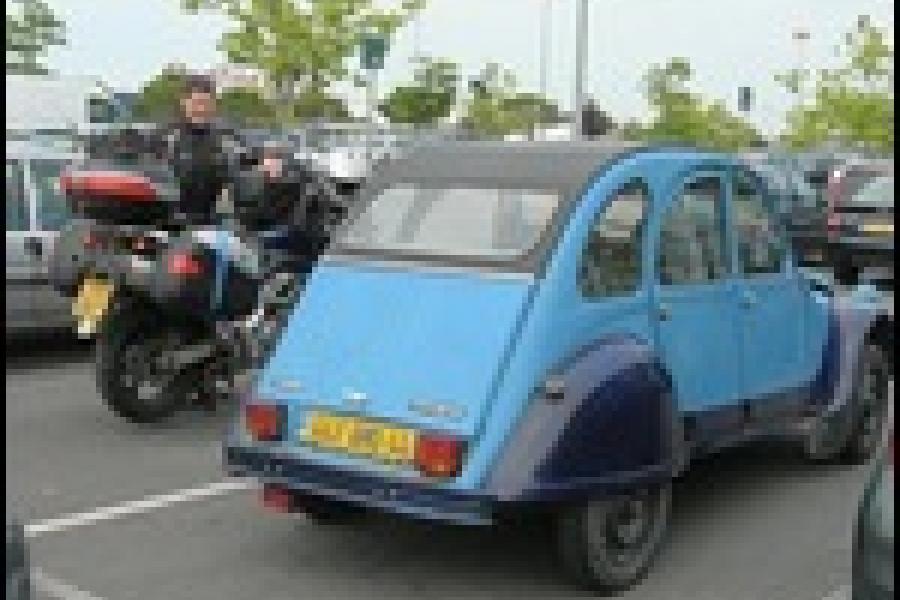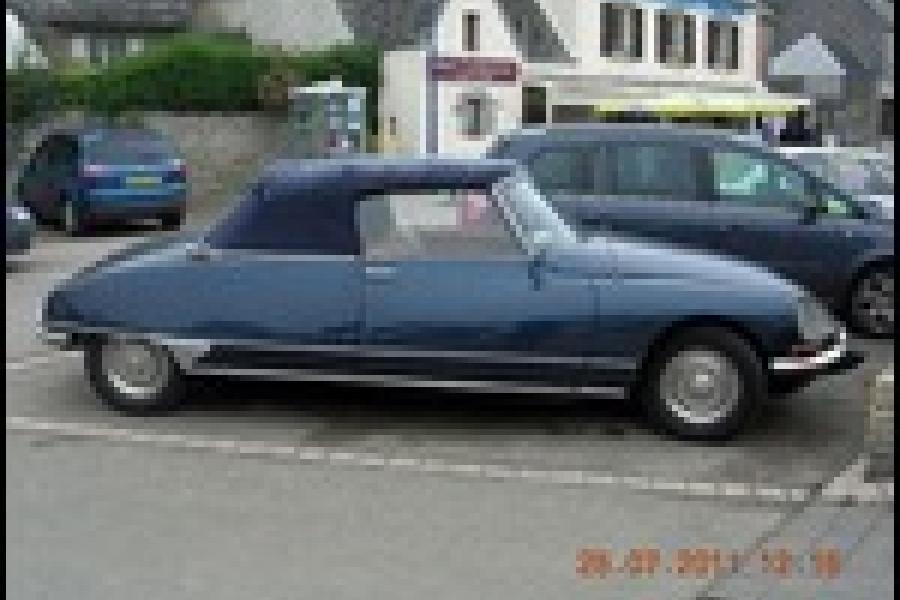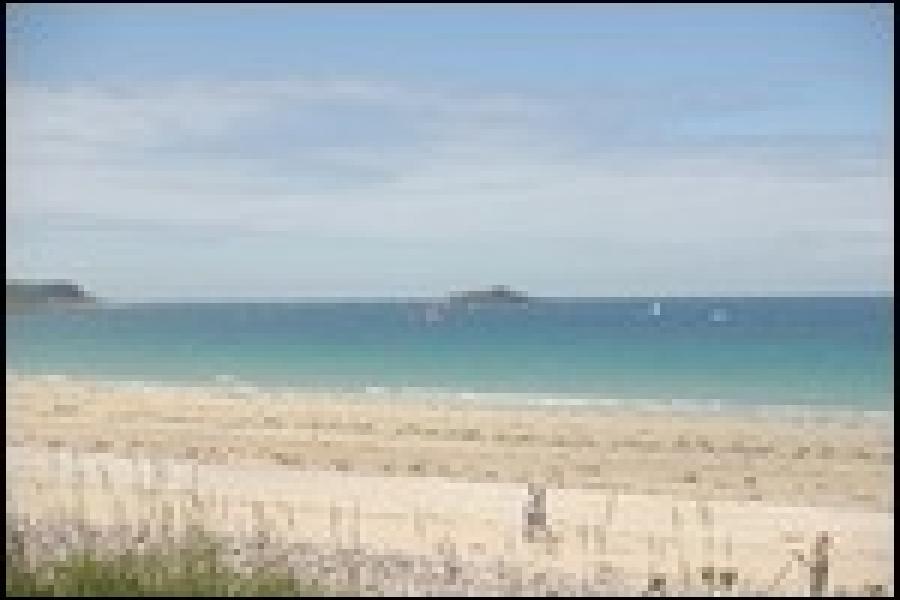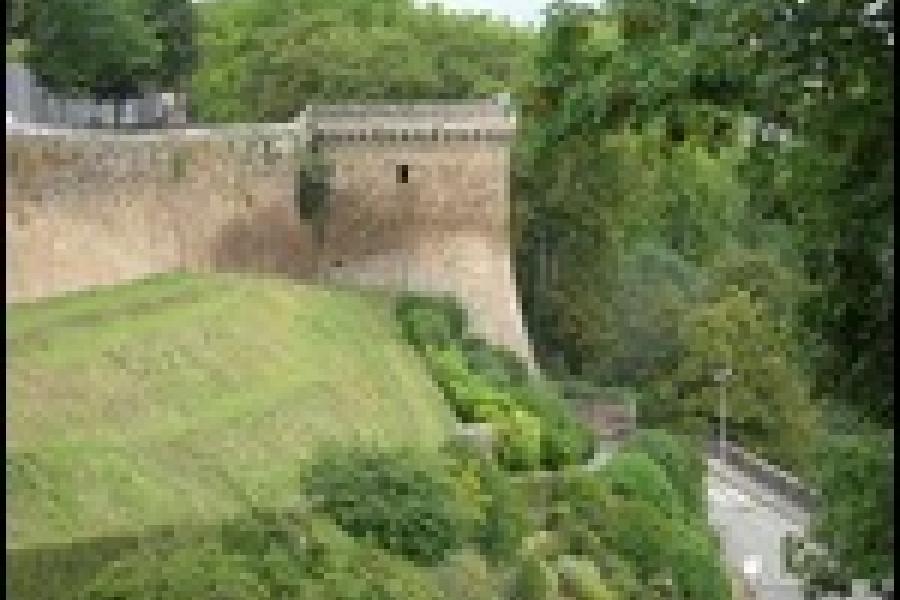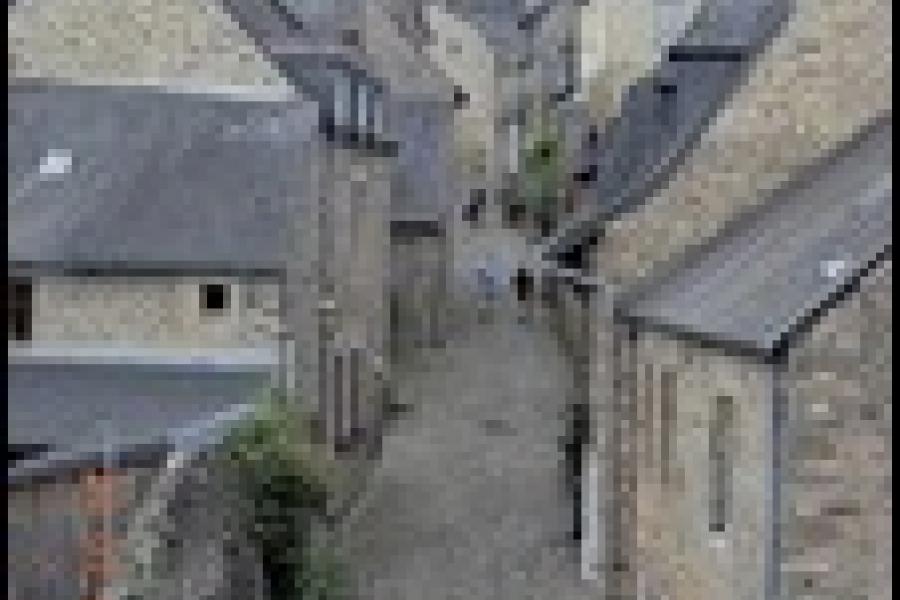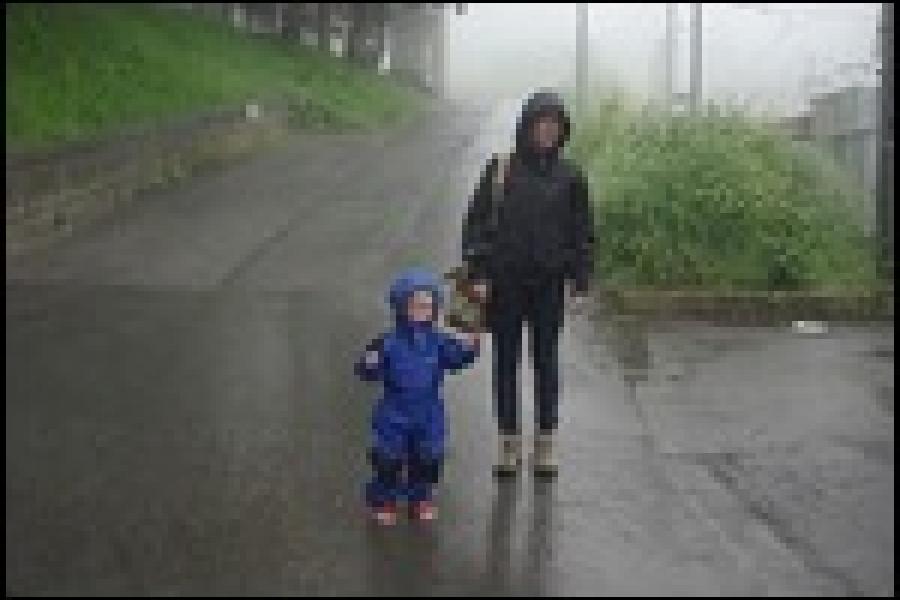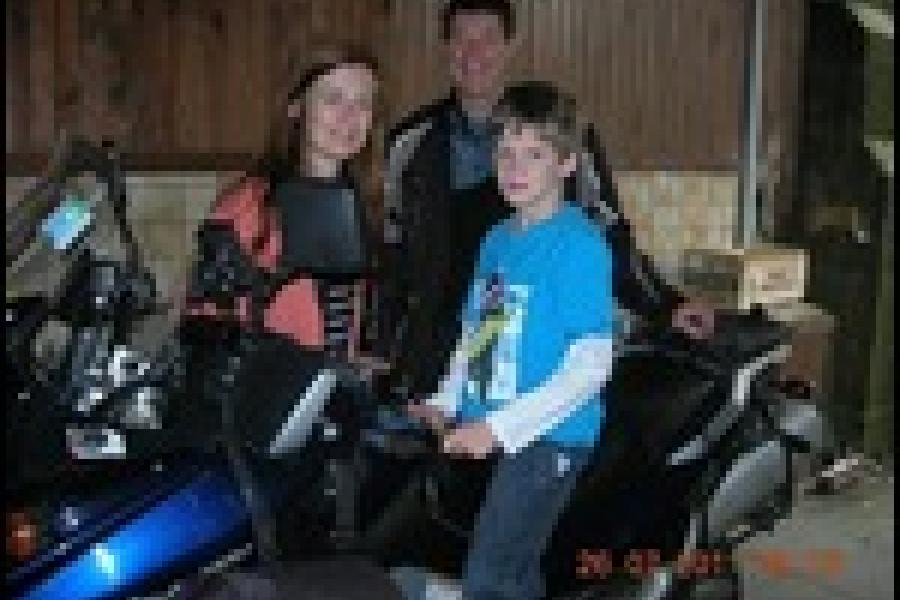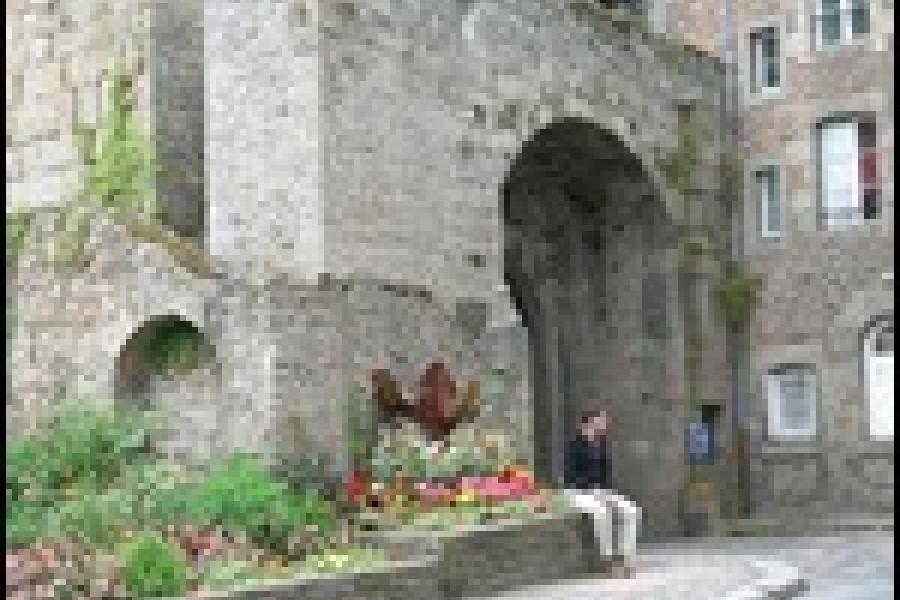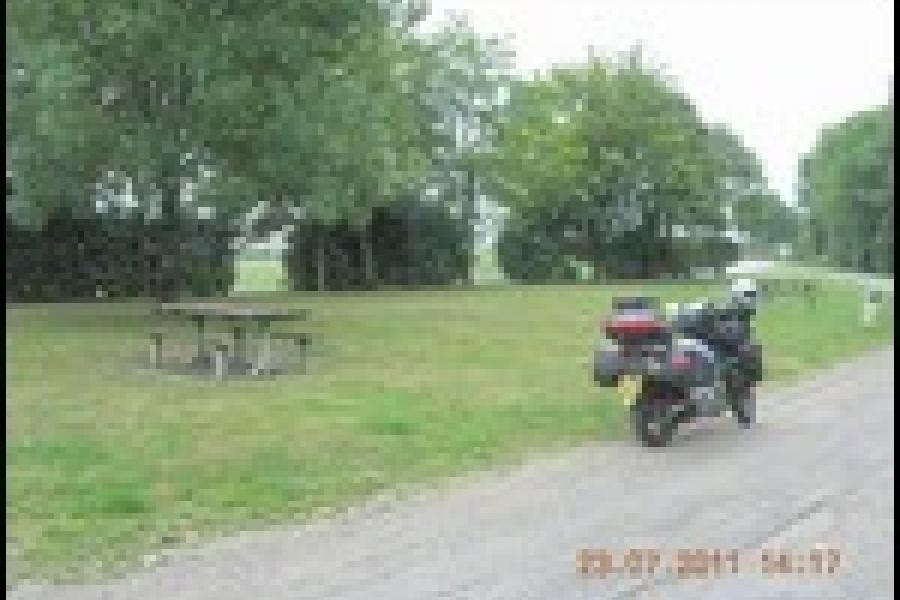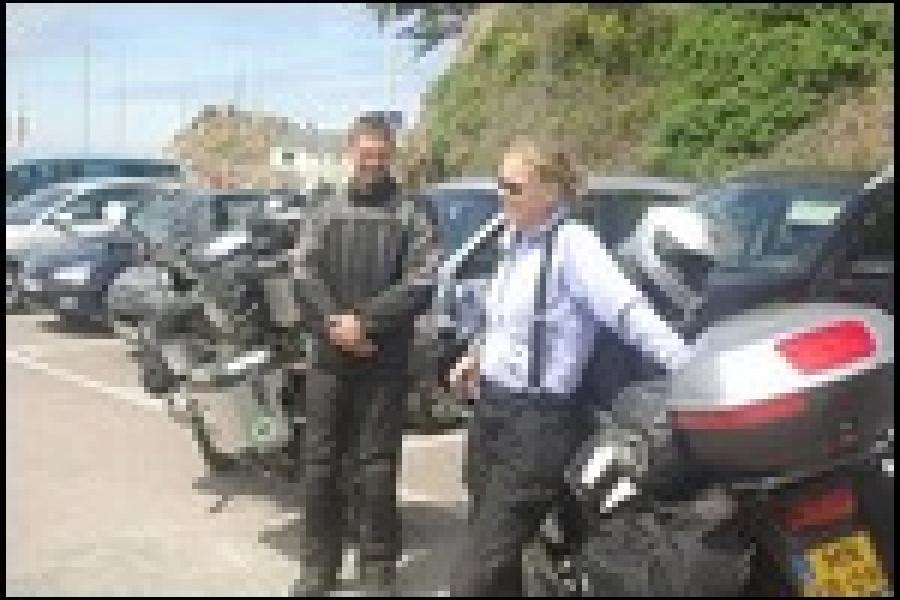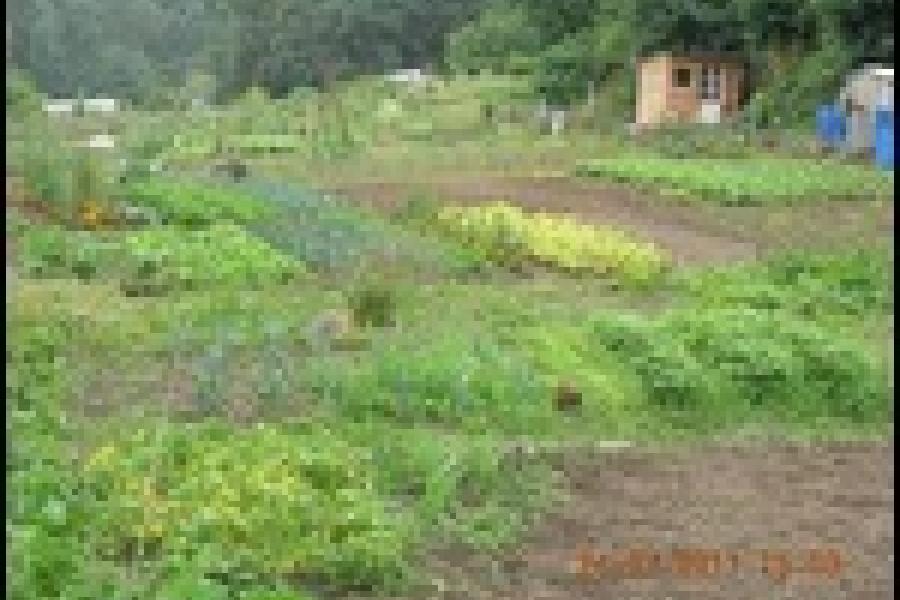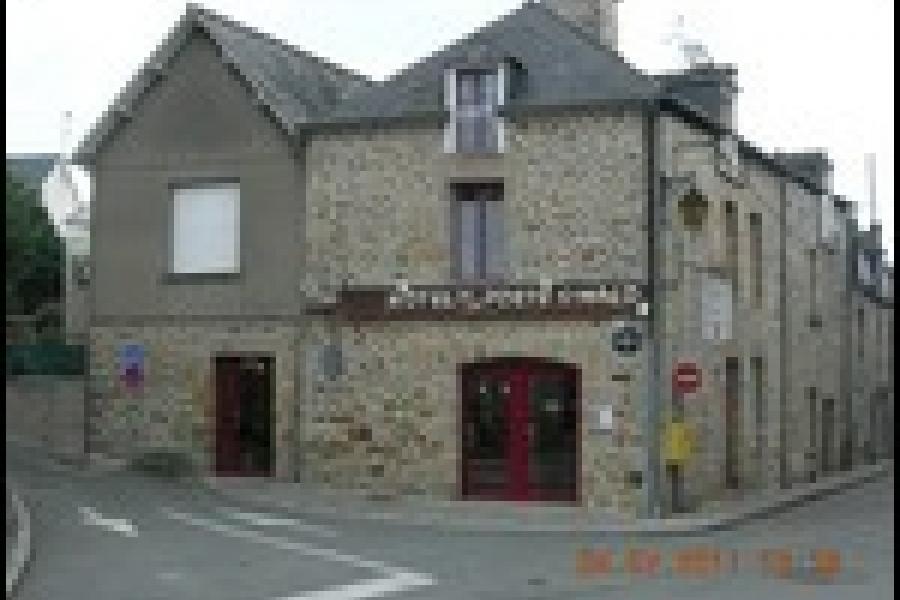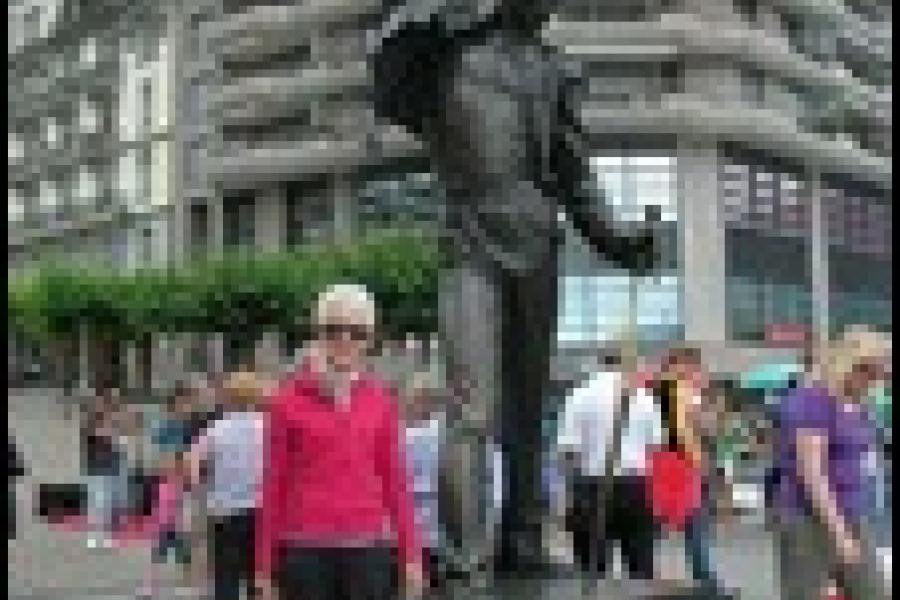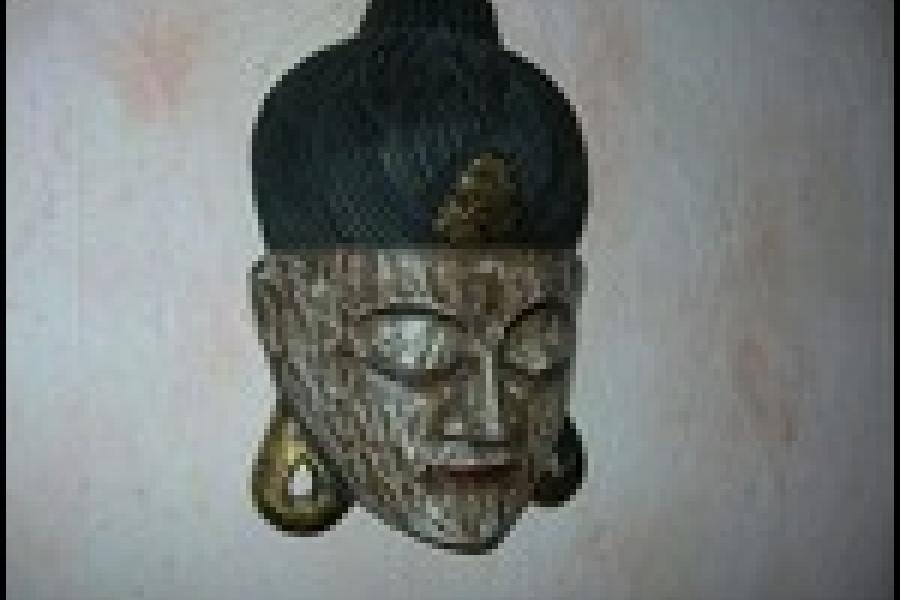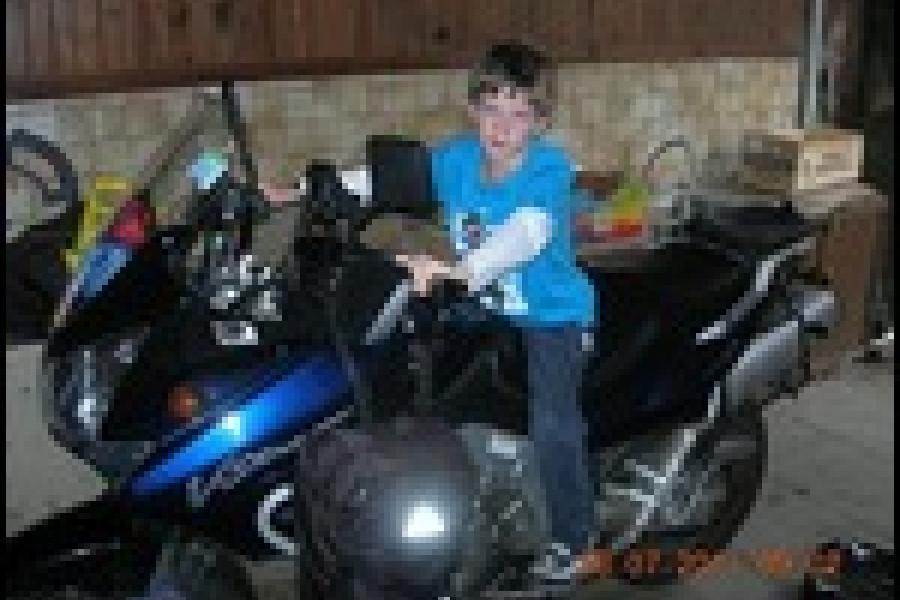Diamond Days (This blog was originally posted in July 2011 on the Travelpod site)
Country
This blog jumps from central Switzerland to Western France without much in between. It happened that way because of family and weather and, as usual, idle curiosity. It is a story that has its start on the Isle of Man with the idea of Celtic heritage but ends being about philosophy or, at least, the philosophy of riding motorcycles.
Having scurried across Switzerland on a tank of fuel and two deep breaths, we met our daughter Sarah, son-in-law Mike and granddaughter Erin at a ski resort above the city of Montreux, parked Just Sue under her cover, and promptly settled into a week of family time. Our days disappeared in a round of walking and cooking and grandparenting and no motorcycle riding at all. It was, inevitably, over too soon and Mike and Sarah drove off with our granddaughter towards Geneva and the flight back to London. We stayed on a day to tidy up and then another day of torrential rain before pressing further west into France.
The simple version of the plan was to spend another few days in the French Alps before riding across to Brittany to catch a ferry to the UK but, by the time we had reached our planned base at Annecy, the weather gave us reason to reconsider. The rain was constant, there was more coming in from the Atlantic, there was snow over 2 000 m, it was too cold for comfort over 1 000 m and there was no end in sight.
We made a new plan and decided to transit France as quickly as possible while keeping off the autoroutes, then packed, put on our rubber suits and got down to business. And... the wheels started to fall off almost immediately. The zip on my wet weather jacket failed, water poured in through the Velcro seal and ran straight into my pants. Within an hour I was sitting in a cold water bath getting chillier by the minute. We pressed on, stopped for the night, dried our gear and I used our sewing kit to fasten together three quarters of the zipper so that the jacket had to be pulled on over the head.
The next day we gave it another shot. Although improved, the jacket still leaked but the rain was less insistent and the leakage less dramatic. I finished the day only damp around the edges but I knew I was riding on borrowed time. With the weather forecast to deteriorate again we summed up the options. Waiting out the weather in Smogville in the industrial wasteland of central France didn't seem like the best option so we decided to do what we always do: don't panic and keep going. The next day...
Well, before I get on to the next day, it is worth recounting why we were going to Brittany in the first place and the answer to that lies in our time on the Isle of Man. It was there, while doing the usual research about a new location, that we discovered that IOM is one of six recognised Celtic nations. The others are Ireland and Scotland, obviously, but also a part of Cornwall, Wales, and that part of France called Brittany.
The day after we discovered this interesting fact we noticed a bike parked outside our hotel. One of the fun things we did at the Island was to play spot the visitor by reading the country designators off the licence plates. This one had the letters BZH and we couldn't think of any EU country to which these might apply. It took us two days to work out that these were Brittany plates and that the owner was wearing them in preference to the usual “F” emblem for France. This was enough to pique our curiosity and, since Jo has enough Scot and Irish in her to qualify and I travel on an Irish passport, we decided to pay the French Celts a visit.
The Celtic nations have all retained a unique Celtic language, customs and identity into modern times and the Bretons, we quickly found, have an acute sense of their Celtic identity and pride in their separate history. The area has strong traditional ties with the other Celtic regions, in particular, with the Cornish Celts. Breton (which sounds nothing like French) is still spoken and regional customs, cuisine and architecture are all defended with some vigour. Like the Scots and the Irish, the Bretons got short shrift from their overlords and suffered the same futile efforts to suppress their language and customs. One man, who was about our age, told us that his father-in-law had spoken Breton at home but had been banned from speaking it at school or in public. Some simple arithmetic would make this as late as the 1930s.
But let me come back to one completely stuffed rain suit and a day of stone. It started badly. I realised just after breakfast that I had lost a small piece of our equipment. Nothing essential but an item that had been with us for some time and that I liked a lot. I hate losing things on the road and consider it is a sign of disorganisation and laziness. I took it badly and started the day in glum ill humour.
It rained on and off most of the day and I alternated between being wet and cold and wet and warm. The traffic was heavy and the roundabouts interminable. Our long suffering GPS finally threw in the towel and stopped after six years of extraordinarily hard use. Navigation by map, on a bike, in the rain is testing and we made lots of mistakes and lost lots of time.
It was about then that the clutch on Just Sue packed it in. It started with a longer pull than usual for disengagement but within an hour, and just as we were getting out of one town and into the countryside, it stopped disengaging altogether. There was no point in stopping as you can't actually start this model bike unless the clutch is disengaged so I just rode on, changing gear without the clutch and timing the roundabouts so that we didn't have to stop. Eventually we found a service station and I kicked Just Sue into neutral and rolled her to a halt on the drive.
The problem was easy enough to diagnose. The clutch slave cylinder had blown a seal and the clutch fluid had been forced out in use. The temporary fix was simply to buy a bottle of DOT 4 brake fluid from the servo, top up the reservoir and bleed the system. It took longer to buy what I needed in French than it did to make the temporary fix.
The rain eased and then held off and we found one of those large hyper markets the French do very well. We stopped and went in and, to my relief, the motorcycle section (they have everything) had one remaining one-piece rain suit and it was my size. I made the purchase, packed it in the side bag and Jo dispatched the old suit to the nearest rubbish bin.
The rain held off and we pushed on for another 80 km before getting completely lost in the centre of a largish town, an event which coincided with the resumption of rain. Jo was still wearing her rain suit having refused to take it off on the basis that it was definitely going to start again, eventually. I got out my new suit and put it on. The new suit was a top of the range, fully lined, breathable model fitted with a special zip closure guaranteed not to leak. Except my suit, the last one in the shop, wouldn't close at all. It was supplied with a broken zip saving me the trouble of breaking it later!
I had had more than enough for one day but the agony went on for a little longer while we made a few more navigation errors until I pulled into cheap chain motel in the industrial outskirts of the city of Lorient and declared that this would do! While Jo was getting us checked in I unpacked the luggage and noticed that Just Sue's chain was dry. I checked to find that the automatic chain oiler I fitted last year in Scotland had stopped working.
All that was needed to top off a perfect day was a hamburger meal at an American themed road-stop restaurant called “Road 66”. I guess Route 66 wouldn't have translated so well into French.
I don't tell you this tale of woe seeking sympathy; far from it. This blog was written in the Breton port of Paimpol, a small area that earned its living for 80 years fishing for cod off Iceland. 120 ships were wrecked and 2000 crew lost. Our minor distractions hardly seem relevant in comparison but they do help to understand what happened next.
Brittany, unlike Team Elephant, has had more than enough drama to go around. Originally settled by Romano-British troops at the time of the Anglo-Saxon invasion of Britain in the 5th century, the area alternated between British and French influence throughout the Middle Ages before being conquered by the French and incorporated into metropolitan France in the 16th century. Duchess Anne of Brittany sealed the deal by marrying two French kings in succession. Today she has a beer named after her, which is excellent, and a galette (savoury pancake), which is not.
Although much was made of the Breton language, we were surprised to find that it had never been the administrative language of the area. That task was given to Latin for the first 1000 years and to French thereafter.
The day after our stone-day we started to find out what this history meant to modern Brittany. We found the Suzuki dealer one kilometre from our hotel (an advantage of a pub in the industrial outskirts), didn't get a replacement slave cylinder but did get a reassurance from the workshop manager that we would get back to London OK if we kept the fluid reservoir topped up. We cruised back 100 km and returned the faulty rain suit and bought a can of chain lube for the dry chain, then turned north across the peninsula and onto the back roads.
The weather held off and we cruised along through a bucolic hinterland of neat farming villages set in rolling green hills. These were not always, however, neat little villages in the French style. The houses were often built back on the block in the English style, leaving space for carefully planned gardens ablaze with summer blooms. The colours used in the floral displays were often carefully coordinated and spectacular. Breton flags flew over village squares and farm sheds everywhere and the majority of cars had Brittany area identification.
By midday the gloom of the previous day had lifted and, when we found that rarest of French commodities, a nice picnic spot for lunch, our sanguine selves were back. I should say that our picnic spot wasn't perfect. Like most such places everywhere in Europe there were no toilets so everyone who stopped used the tree-line for that purpose. Our Austrian friend Renate told us a joke:
Question: How do you tell the backside of a tree in Europe?
Answer: That's the side with the paper.
Neither of us laughed. It is just too true and too disgusting.
By the time we reached the medieval town of Dinan and checked into a gorgeous, restored granite hotel, our day was already excellent. When we found a motorcycle dealer nearby and replaced my lost rain suit five minutes before closing, we felt we were on a roll. But it was later that night, strolling home through the old city from a wonderful three course menu at a tiny 20 seat bistro that we knew this had been a diamond day; a perfect day on a motorcycle.
And more diamond days followed. Days spent rolling Just Sue up lost country lanes through chocolate-box villages, eating Breton pancakes and mussels by the bucket, drinking the local cider and eating Breton pastry specialties so packed with butter and sugar they just had to taste good; days of wet mist and threatening skies that never quite rained and only served to make this most dramatic of coast lines more striking.
After a while we started to put Brittany into some context. It was recognisably French, there was no doubt about that. But it was also a little quirky and different. It seemed to us a place proud of its history and its difference, but not overburdened by it.
All of this brought us to St. Malo on the north coast and a ferry terminal waiting for a passage to Portsmouth, a return to London and to some reconciliation of our stone days and diamond days. I once said that you could learn a lot from a motorcycle if you survived the lesson. I think one of the important lessons the Elephant taught us, a lesson that Just Sue reinforces regularly, is that you don't get the diamonds without the stone. It is the occasional bad day that makes the good days extra good. I guess this applies to a lot of stuff in life.

